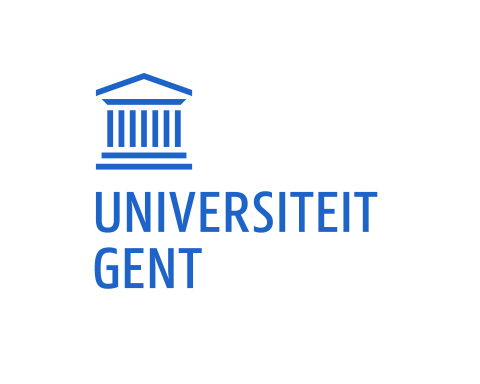CoRe
Quality of ECEC – and eventually the benefits for children and families – highly depends on well trained, competent staff. On this, policymakers, researchers and professionals all agree. But what exactly makes a practitioner competent? How can we support that? All in all, working with young children, their families and surrounding communities is quite a demanding and complex job.
European research
The European CoRe research looked into the competence approach in different countries. What lessons can be learned from the different practices that have been designed and developed by practitioners, policymakers and training institutes? This CoRe report contains an international literature review, a survey as well as several case studies. Besides research results, the report also contains policy recommendations.
Competent system
Being competent is not simply an individual responsibility, but a system’s responsibility. Team, policy and training all have their input in competence. They all need to invest in professionalization. Local, national and European authorities need to design the needed frameworks and criteria that matter. Training institutes, research centres and universities all contribute to building the competent system.
In cooperation with University of East London.



